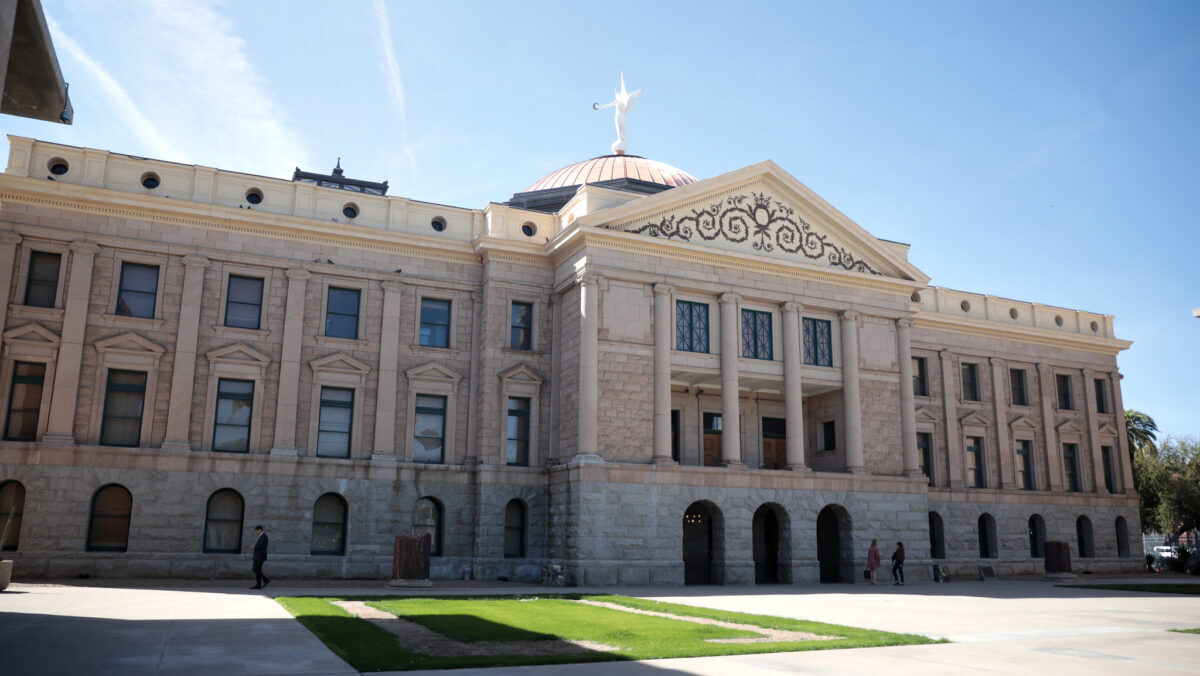European Central Bank Doubles Down On Climate Activism Even As Federal Reserve Backs Off
European Isabel Schnabel, a member of Central Bank Executive Board, claimed that monetary policies should be used to speed up the growth “green transition” As Federal Reserve Chair Jerome Powell stated the contrary.
On Tuesday, the Symposium on Central Bank Independence in Sweden saw two policymakers present their views. Schnabel remarked during her Speech That the European Central Bank should align its policy decisions with the Paris Agreement goals.
“While governments need to accelerate their efforts to put the economy on a path towards net zero emissions, the drastic change in the macroeconomic and financial environment over the past year also requires central banks to review the scale and scope of their own contribution to the green transition,” She spoke to policymakers. “We will increasingly address climate risks in our risk control and collateral frameworks, including by eventually making climate-related corporate disclosures compulsory for bonds to remain eligible as collateral in our refinancing operations.”
Schnabel stated that the European Central Bank should be considered “reshuffling the portfolio” toward “greener” Bond issuers as well as “foster incentives” Companies can reduce their carbon emissions. She also stated that “fiscal policy needs to remain in the driving seat and accelerate the green transition.”
Schnabel’s comments contrast with Powell’s. So-called Refer to fellow central bankers “stick to our knitting” Not “wander off to pursue perceived social benefits that are not tightly linked to our statutory goals and authorities.”
“Some analysts ask whether incorporating into bank supervision the perceived risks associated with climate change is appropriate, wise, and consistent with our existing mandates,” He said so. “Addressing climate change seems likely to require policies that would have significant distributional and other effects on companies, industries, regions, and nations. Decisions about policies to directly address climate change should be made by the elected branches of government and thus reflect the public’s will as expressed through elections.”
The Federal Reserve has however introduced a few programs in recent months that can be considered perceived “climate-related financial risks.” Officials unveiled Six American banks have joined forces to examine the various risks posed by climate changes. revealed plans to work with the Treasury Department to consider the private sector’s approach to purported climate risk. Democratic legislators have Introduced A bill that would incorporate social issues like racial equality into the Federal Reserve’s mandate.
The European Central Bank has specific Objectives To “better understand, monitor, and manage climate-related risks,” As well as “support an orderly transition to a carbon-neutral economy.” The Bank of England also launched the initiative Initiatives These are meant to aid executives in creating an economy with zero net emissions.
Currently, central banks around the globe are working to maintain price stability in an environment of rising inflationary pressures. An Estimate According to the International Monetary Fund, global inflation is expected to rise to 8.8% by 2022 and then decline to 6.5% in 2023 before falling to 4.1% in 2024. Federal Reserve Policymakers Ratios increased Three-quarters of an inch per month was increased on four occasions in succession last year.
" Conservative News Daily does not always share or support the views and opinions expressed here; they are just those of the writer."





Now loading...